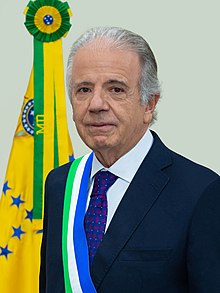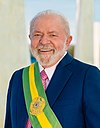
The Brazilian Democratic Movement is a Brazilian political party. It is considered a "big tent party" and it is one of the parties with the greatest representation throughout the national territory, with the most numbers of senators, mayors and city councillors, always having formed a large part of the National Congress since 1988, and also has the largest number of affiliates, with 2,043,709 members as of July 2023.

The Brazilian Social Democracy Party, also known as the Brazilian Social Democratic Party or the Party of Brazilian Social Democracy, is a political party in Brazil. As the formerly third largest party in the National Congress, the PSDB was the main opposition party against the Workers' Party (PT) administrations of Luiz Inácio Lula da Silva and Dilma Rousseff from 2003 to 2016.

The Brazilian Socialist Party is a political party in Brazil. It was founded in 1947, before being abolished by the military regime in 1965 and re-organised in 1989 after the re-democratisation of Brazil. It elected six Governors in 2010, becoming the second largest party in number of state governments, behind only PSDB. In addition to that, it won 34 seats in the Chamber of Deputies and three seats in the Senate, besides having been a member of the For Brazil to Keep on Changing coalition, which elected Dilma Rousseff as President of Brazil.

Roberto Jefferson Monteiro Francisco is a Brazilian politician.

The Mensalão scandal was a major parliamentary alleged vote-buying scandal by Luiz Inácio Lula da Silva's administration that threatened to bring down his government in 2005. Mensalão is a neologism, an augmentative variant of the word for "monthly payment".

The Liberal Party is a liberal-conservative political party in Brazil. From its foundation in 2006 until 2019, it was called the Party of the Republic.
The Democrats was a centre-right political party in Brazil that merged with the Social Liberal Party to found the Brazil Union in 2021. It was founded in 1985 under the name of Liberal Front Party from a dissidence of the defunct Democratic Social Party (PDS), successor to the National Renewal Alliance (ARENA), the official party during the military dictatorship of 1964–1985. It changed to its current name in 2007. The original name reflected the party's support of free market policies, rather than the identification with international liberal parties. Instead, the party affiliated itself to the international federations of Christian-democratic (CDI) and conservative parties (IDU). The Democrats' identification number is 25 and its colors are green, blue, and white.
The Mensalão scandal took place in Brazil in 2005 and threatened to bring down the government of Luiz Inácio Lula da Silva. Mensalão is a neologism and variant of the word for "big monthly payment".
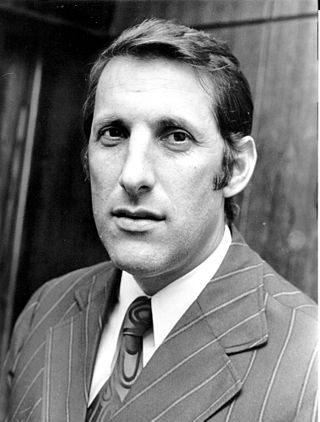
Orestes Quércia was a Brazilian politician who served as the 28th governor of São Paulo State.
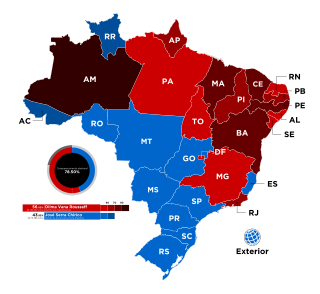
General elections were held in Brazil on 3 October 2010 to elect the president, National Congress and state governors. As no presidential candidate received more than 50% in the first round of voting, a second round was held on 31 October to choose a successor to Luiz Inácio Lula da Silva of the Workers' Party (PT), who was constitutionally ineligible to run for a third term as he has already served two terms after winning the elections in 2002 and being re-elected in 2006.
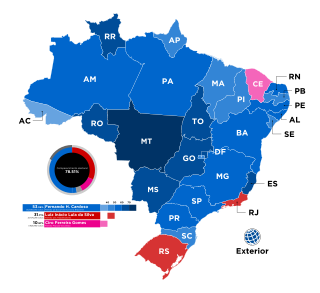
General elections were held in Brazil on 4 October 1998 to elect the President, National Congress and state governorships. If no candidate in the presidential election received more than 50% of the vote in the first round, a second-round runoff would have been held on 25 October. The election saw voting machines used for the first time in Brazilian history.

General elections were held in Brazil on 6 October 2002, with a second round of the presidential election on 27 October. The elections were held in the midst of an economic crisis that began in the second term of the incumbent president, Fernando Henrique Cardoso of the centre-right Brazilian Social Democracy Party (PSDB). Due to constitutional term limits, Cardoso was ineligible to run for a third consecutive term.

The Brazilian Labour Party was a political party in Brazil registered in 1981. It was the seventh largest political party in Brazil with more than a million affiliated as of 2022.
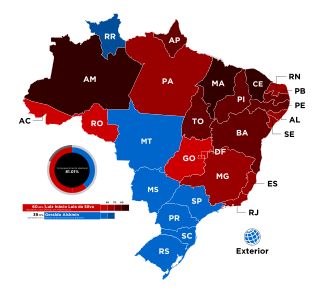
General elections were held in Brazil on 1 October 2006 to elect the president, National Congress and state governors, with a second round of the presidential election on 29 October as no candidate received more than 50% of the vote in the first round.
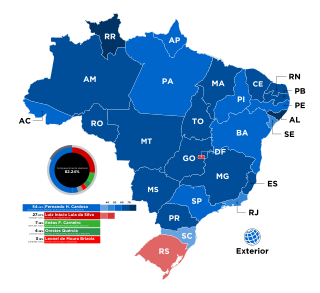
General elections were held in Brazil on October 3, 1994, the second to take place under the provisions of the 1988 constitution and the second direct presidential election since 1960.
In Brazilian politics, the Centrão refers to a group of political parties that do not have a specific or consistent ideological orientation and aim at ensuring proximity to the executive branch in order to guarantee advantages and allow them to distribute privileges through clientelistic networks. Despite its name, the Centrão is not a centrist political group, generally composed of parliamentarians from the "lower clergy" and big tent parties, who act according to their own interests, linked to cronyism and logrolling. Over the years, the Centrão has become the political kingmaker in Brazil.

The 2022 Pernambuco state elections took place in the state of Pernambuco, Brazil on 2 October 2022. Voters elected a governor, vice governor, one senator, 25 representatives for the Chamber of Deputies, and 49 Legislative Assembly members. Paulo Câmara, the incumbent governor of Pernambuco, was reelected in the first round in 2018 Pernambuco gubernatorial election, with 1,918,219 votes, the equivalent to 50.70% of the valid votes. He wasn't eligible for a new term, since he ran for governor in 2014 and 2018. In a crowded field, former mayor of Caruaru Raquel Lyra (PSDB) defeated Federal Deputy Marília Arraes (Solidarity) by close to 20 points in the second round. She was inaugurated on 1 January 2023.

José Orcírio Miranda dos Santos, better known as Zeca do PT, is a Brazilian banker and politician, affiliated with the Workers' Party (PT). Elected State Deputy of Mato Grosso do Sul by the Workers' Party in 2022. He is a former federal deputy, being a former state deputy and former governor of Mato Grosso do Sul for two terms.
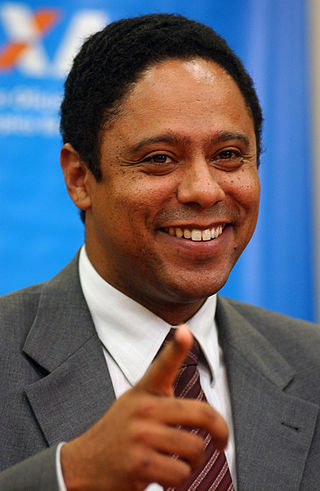
Orlando Silva de Jesus Júnior is a Brazilian politician affiliated with the Communist Party of Brazil (PCdoB). He was Minister of Sports in the Lula da Silva and Dilma Rousseff governments and was elected federal deputy in 2014. In the Chamber of Deputies, he was vice-leader of President Dilma Rousseff between 2015 and 2016. He was chairman of the Labor, Administration and Public Services Commission in 2017, and leader of the PCdoB bench in 2018.

Almir José de Oliveira GabrielCOMM was a Brazilian doctor and politician affiliated to the Brazilian Labor Party (PTB). He was governor of Pará for two terms, senator and mayor of the capital Belém.
